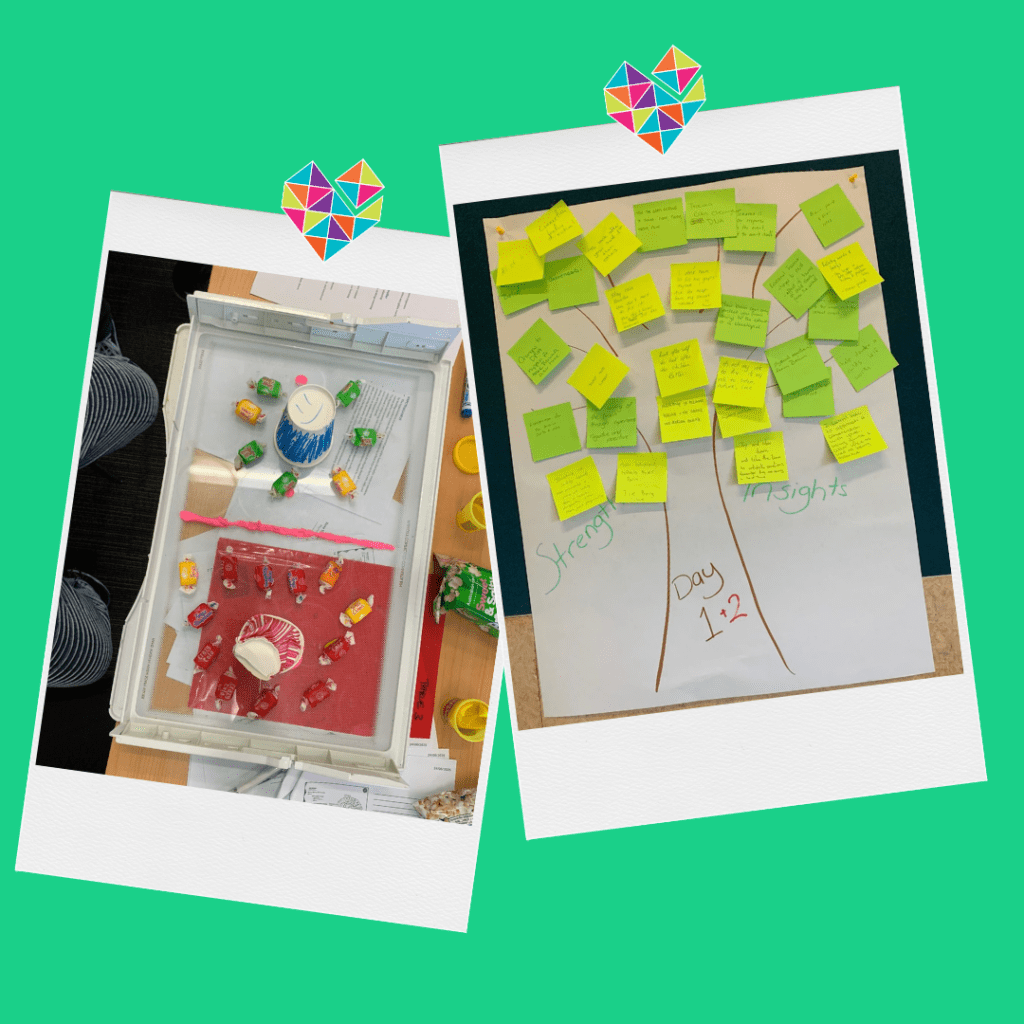Therapeutic Care of Mokopuna: A Transformative Training in Ōtautahi
Over two powerful days in Ōtautahi, a group of 25 passionate individuals—mātua whāngai (caregivers), kaiatawhai (social workers), and tuakana (youth workers)—gathered for a wānanga that was more than just training. It was a space of deep learning, reflection, and connection.
Together, we explored the foundations of trauma-informed care: how trauma shapes brain development, how to respond therapeutically to dysregulation, and why connection must come before correction.
“It’s not it’s all about me.”
This powerful insight from one of our carers captured the heart of the training. When mokopuna are overwhelmed, their behaviour often reflects pain—not defiance. As adults, our role is to respond with calm, empathy, and understanding. That means grounding ourselves first, so we can offer the therapeutic response they need.
“Stay calm. Breathe. Look after yourself to look after the children better.”

Understanding the Brain Behind the Behaviour
Mokopuna in care often have brains shaped by environments where emotional needs weren’t met. When they encounter love and safety, it can feel unfamiliar—even frightening.
“Love can be the scariest thing of all.”
We learned how calming the amygdala—the brain’s emotional centre—can help mokopuna move from survival mode to connection. Through repeated experiences of safety, empathy, and belonging, we help grow new neural pathways that support regulation and resilience.
Co-Regulation: Calming Together
One of the most practical tools explored was co-regulation—the idea that our calm helps children find theirs.
Caregiver Actions That Calm:
- Breathe slow. Ground yourself first.
- Stay close. Your presence is the anchor.
- Speak gently. Use calm, reassuring words.
- Show empathy. Even when behaviour is challenging.
- Avoid blame. Set boundaries without shame.
- Stay consistent. “You’re safe. I’m here.”
“I stay calm, so they can too.”
Real Voices, Real Impact
“I’m a 58-year-old male who’s had to attend a lot of work training over the years—and I really don’t like it. I dreaded coming to this yesterday, but I really enjoyed myself and learned a lot! It was a lot of fun and actually very helpful” Gregg, Matua Whāngai.
This feedback reflects the spirit of the wānanga: engaging, practical, and deeply meaningful. This training is now part of our ongoing commitment to equip carers and staff with the tools they need to support mokopuna with empathy, knowledge, and aroha.
Next stop, Tāmaki! 🙌